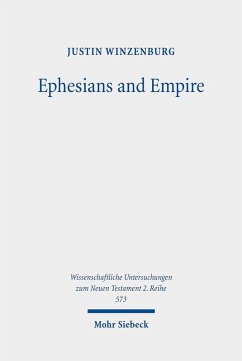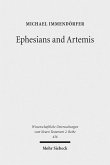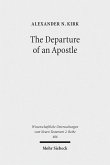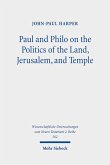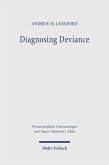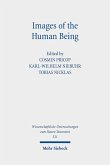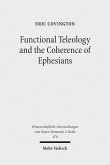While recent publications have explored the relationship between New Testament texts and early Roman imperial ideology, Ephesians has been underanalyzed in these conversations. In this study, Justin Winzenburg provides an original contribution to the field by assessing how matters of the disputed authorship, audience, and date of Ephesians have varied consequences for the imperial-critical status of the epistle. Previously underexplored elements of the Roman context of Ephesians, with a focus on maiestas [treason] charges, imperial cults, and Roman imperial eschatology are examined in light of the two major theories of the date of the epistle. The author concludes that, while there are limitations to an imperial-critical reading of the epistle, some of the epistle's speech acts can be understood as subversive of Roman imperial ideology. Born 1980; 2003 BA in Bible and Theology; 2007 MA in Theological Studies; 2020 PhD in New Testament from London School of Theology; currently Associate Professor of New Testament and Greek at Crown College (St. Bonifacius, MN).
Dieser Download kann aus rechtlichen Gründen nur mit Rechnungsadresse in A, B, BG, CY, CZ, D, DK, EW, E, FIN, F, GR, HR, H, IRL, I, LT, L, LR, M, NL, PL, P, R, S, SLO, SK ausgeliefert werden.
Hinweis: Dieser Artikel kann nur an eine deutsche Lieferadresse ausgeliefert werden.

